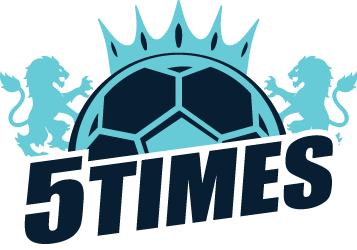Premier League Teams Nicknames
If you’re a fan of English football, you’ve undoubtedly heard the unique nicknames of the Premier League teams. These monikers add a layer of color and fun to the game, connecting clubs with their fans in a deep and meaningful way. From Arsenal F.C., known as ‘The Gunners’ or ‘The Gooners’, to Chelsea F.C., affectionately called ‘The Blues’ or ‘The Pensioners’, each name has its own unique backstory. Whether you’re supporting ‘The Red Devils’ of Manchester United or cheering for ‘The Bees’ of Brentford F.C., these nicknames are a crucial part of the football culture.
In this article, we’ll delve into the origins and meanings behind these iconic monikers. So, whether you’re a lifelong fan or a newcomer to the world of football, get ready to deepen your understanding and appreciation of your favorite Premier League teams. Now, let’s find out the football club nicknames of the most popular English premier league soccer teams.
Arsenal F.C. (The Gunners, The Gooners)
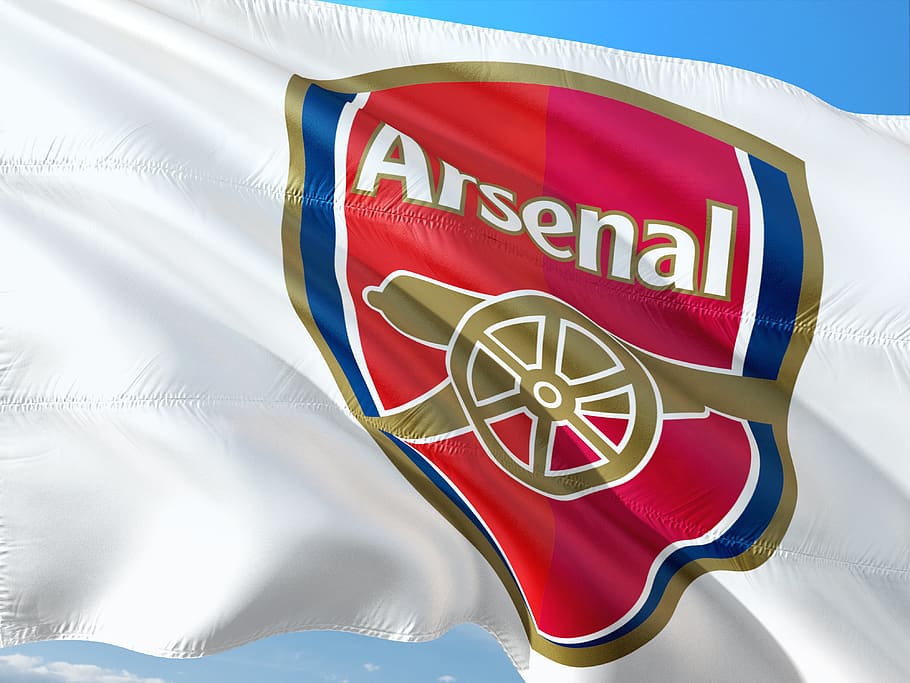
Arsenal F.C., known as ‘The Gunners’ or ‘The Gooners’, sure know how to put on a show, don’t they? There’s a certain flair about them that sets them apart. They’ve got their nickname, ‘The Gunners’, from the club’s association with the Woolwich Arsenal Armament Factory. The club was founded in 1885 and became of the one of the clubs with significant football history over the years, The employees there formed the club back in 1886, and the name stuck. You see, it’s not just about the game. It’s about the history, the legacy. How many clubs can say they were founded by a group of workers just wanting to kick a ball around after a long day?
That’s what makes ‘The Gunners’ special. They’ve got a heritage that’s built on the hard work and dedication of the ordinary man. Now, you might be wondering about ‘The Gooners’. That’s derived from the nickname ‘Gunners’. It’s a term of endearment used by the fans themselves, signifying their fierce loyalty and unwavering support to the team. So, when you’re cheering for Arsenal, remember, you’re not just supporting a team, you’re becoming part of a legacy, part of the ‘Gooner’ family.
Aston Villa F.C. (The Villans)
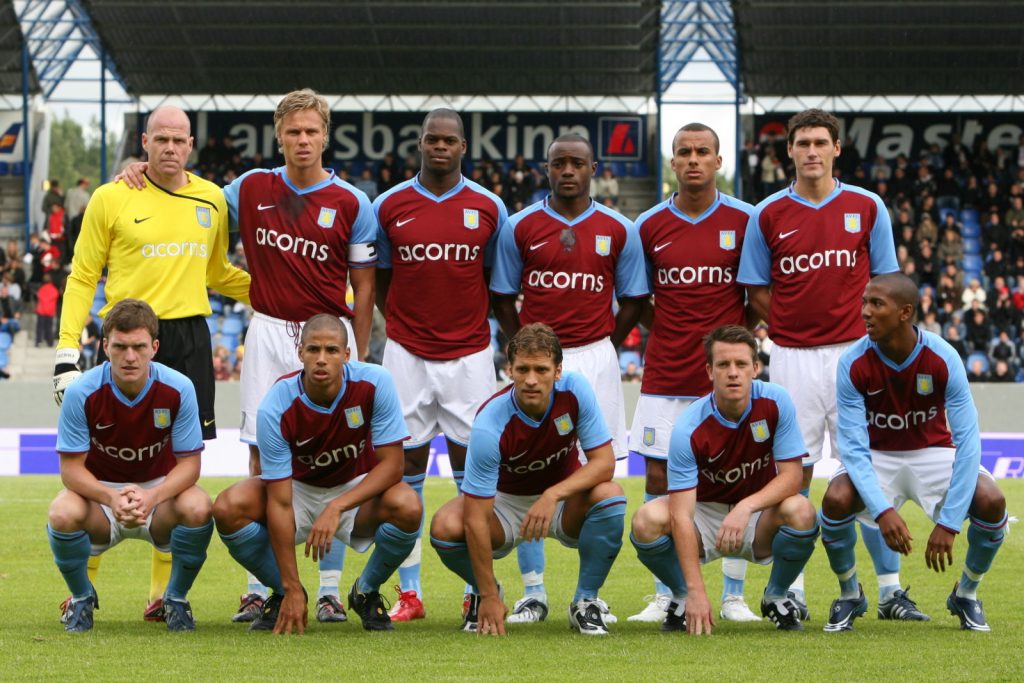
Dressed in claret and blue, you’re cheering on the Villans, Aston Villa F.C., as they dominate the pitch. From their formation in 1874, Aston Villa has been a central part of English football history. The team hails from the district of Aston in Birmingham, and their nickname, ‘The Villans,’ is a play on the area’s name. The club has a rich heritage, with seven First Division titles and seven FA Cups under its belt. Villa Park, their home ground, is a fortress of football, echoing with the chants of passionate fans. It’s a thrilling experience to be a part of the Villans’ support.
Over the years, Aston Villa has produced some top-class talent, including Brian Little and Paul McGrath. The Villans have also had their fair share of iconic moments, such as their European Cup win in 1982. It’s the combination of heritage, talent, and passion that makes supporting Aston Villa a unique experience. So, as you don your claret and blue, remember the history that comes with it. Stand by your team through thick and thin, because being a Villan is about more than just watching football, it’s about being part of a community.
A.F.C. Bournemouth (The Cherries)
We couldn’t miss Bournemouth on our chart with Premier league nicknames. Switching your gaze to the south coast, you’ll find A.F.C. Bournemouth, affectionately known as ‘The Cherries.’ This nickname may seem odd initially, but it’s deeply rooted in the history of the club. The origins are quite literal, as the club’s pitch was once located next to a cherry orchard. The red and black striped kit, reminiscent of plump, ripe cherries, further reinforces this fruity moniker. Established in 1899, A.F.C. Bournemouth has seen its fair share of ups and downs, but the nickname has remained a constant Premier league season.
The Cherries have not always been in the spotlight of the Premier League, but don’t let that fool you. They’ve had moments of glory, like their 2015 ascension to the Premier League, a place they held for five consecutive seasons. The Dean Court, home of The Cherries, vibrates with passion and excitement during matches, with fans chanting and cheering their beloved team on. The nickname ‘The Cherries’ represents more than just a team; it symbolizes the spirit, resilience, and passion of Bournemouth and its football legacy. So, whenever you see the red and black stripes, remember the story behind ‘The Cherries.’
Brentford F.C. (The Bees)
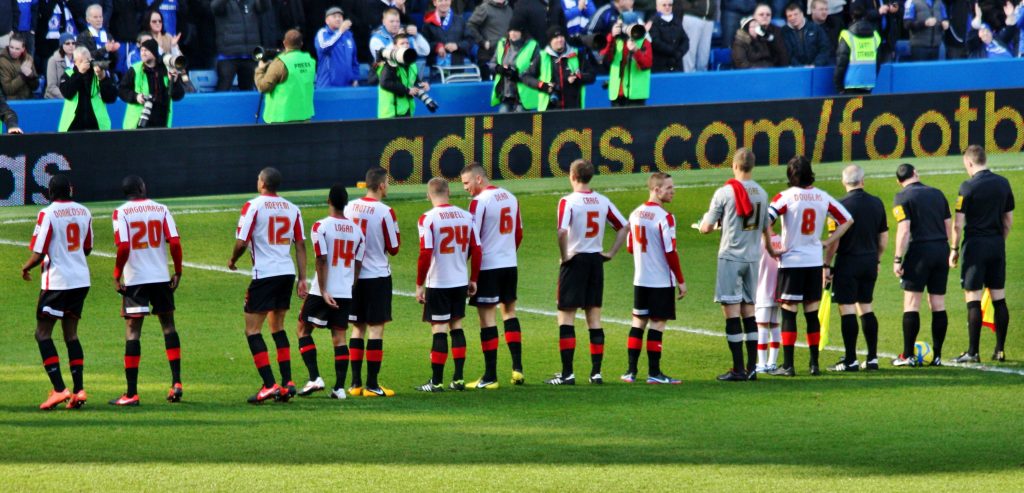
Buzzing around in the west London borough of Brentford, you’ll find Brentford F.C., fondly known as ‘The Bees.’ This nickname isn’t just a cute moniker, it’s deeply embedded in the club’s identity and heritage. The club’s crest features a bee, and their stadium, Brentford Community Stadium, is often referred to as ‘the hive.’ The Bees have a storied history dating back to 1889. Over the years, they’ve stung their opponents on the field, showcasing their relentless determination and a never-give-up attitude, perfectly reflecting the characteristics of a bee. There is no doubt that the bees are one of the most likable football clubs in England.
Their fans, known as the ‘Brentford Buzz,’ are renowned for their infectious enthusiasm and unwavering support for the team. Being a Bee isn’t just about playing football, it’s about embodying the spirit of the community. The club is known for its commitment to local causes and community initiatives. The Bees have always exhibited a strong work ethic on and off the field, just like their industrious namesake. So, if you’re ever in the west London area, don’t forget to check out a Brentford F.C. match. Get ready to feel the buzz and cheer for the relentless Bees!
Everton (The Toffies)
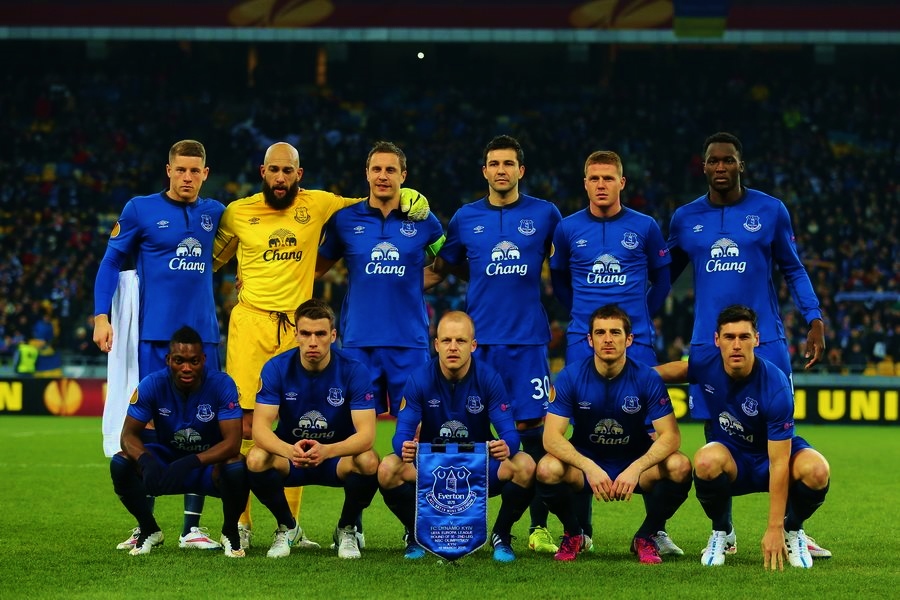
One of the oldest and most illustrious football clubs part from season’s premier league in England is Everton Football Club, also known as just team name “Everton.” The club’s moniker, “The Toffees,” may not have a clearer history than some other football nicknames, but it has a long history that is steeped in Liverpool’s local culture. The nickname “the toffees” comes from a sweet confection that has long been connected to Everton and Liverpool, where it was founded. In England, toffee, a form of candy created by heating butter and sugar, is a favourite sweet treat. The custom of selling toffees in Liverpool began in the late 18th century when street vendors would do so outside the St. Domingo’s Methodist Chapel.
The relationship with toffees grew more deeply established in the identity of Everton as the club continued to rise in stature and success. As time went on, supporters started calling themselves “The Toffees,” and the moniker was adopted as part of the team’s ethos. Everton adopted the toffee motif as part of its club emblem in 1938; the design has two toffee towers on either side of a shield. This club’s crest has changed over the years, but it has always included some mention of toffees to keep the connection to its endearing moniker. Today, Everton Football Club is a prestigious fixture in English football, with devoted supporters who proudly accept the moniker “Toffees.”
Brighton & Hove Albion Football Club (The Seagulls)
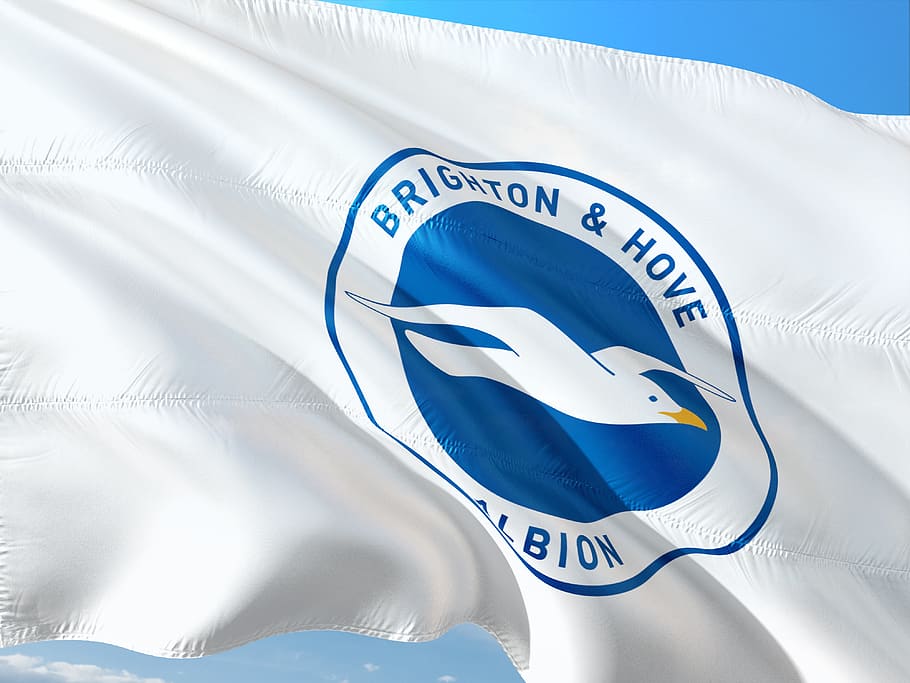
Situated along England’s picturesque south coast, you’ll discover professional football club Brighton & Hove Albion F.C., fondly known as ‘The Seagulls.’ This nickname stems from the club’s coastal location, where seagulls are a common sight. It’s a moniker that’s stuck with the club since it was founded in 1901, becoming an integral part of their identity and culture. The Seagulls’ emblem, a white seagull in flight against a blue background, embodies their connection with the coast and their community. These birds are known for their resilience and tenacity, traits that also define the team on the pitch.
You’ll often hear the fans passionately chant ‘Seagulls! Seagulls!’ during matches, creating a unique and electrifying atmosphere that reverberates through their home ground, the American Express Community Stadium. Brighton & Hove Albion’s journey in football, much like a seagull’s flight, has had its highs and lows, but they’ve always held their heads high. They’ve shown grit and determination to soar above challenges and have firmly established themselves as a competitive side in the Premier League. So, when you think of The Seagulls, think more than just a nickname. It’s a symbol of resilience, unity, unwavering support and one of the best football clubs in league one.
West Ham (The Hammers)
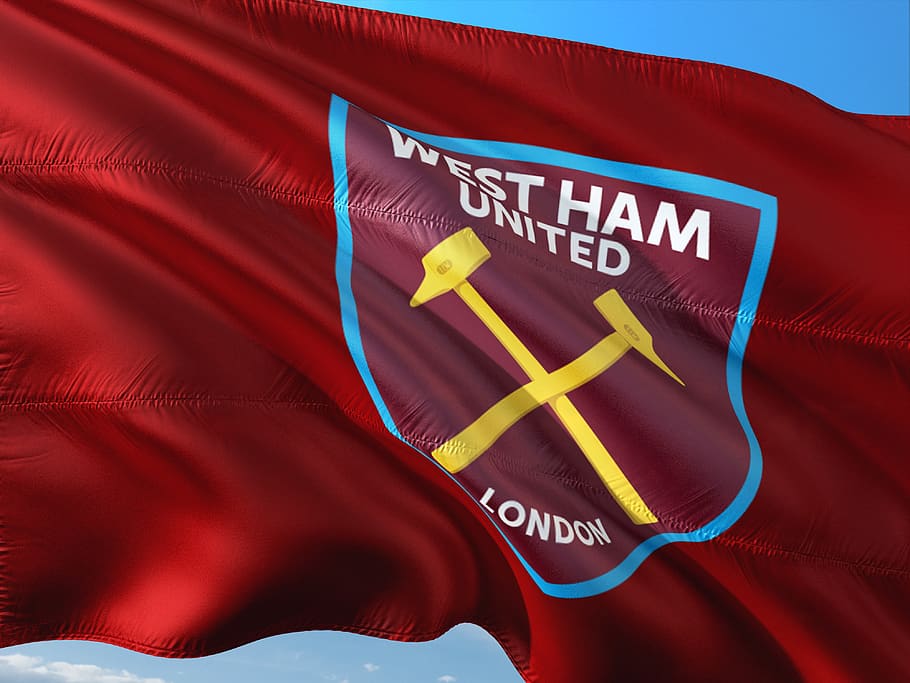
The East End of London is home to the storied English football team West Ham United Football Club, also known simply as West Ham Premier league club. The team, which was formerly known as Thames Ironworks FC and the team was formed in 1895, underwent a change in its early years that ultimately resulted in the nick appellation “The Hammers.” The club’s history in the shipbuilding sector is where the moniker “The Hammers” first appeared. The Thames Ironworks and Shipbuilding Company, a significant industrial company in East London in the late 19th century, founded Thames Ironworks FC. The management and employees of the company made the decision to form a football team to foster teamwork among the workforce and to interact with the neighbourhood.
With notable moments in domestic competitions and a devoted fan base, West Ham United has had a long and illustrious history in English football. The moniker “The Hammers” honours the club’s industrial past while also evoking the tenacity, perseverance, and resolve that have defined West Ham’s character both on and off the game. West Ham United is still a reputable club in the Premier League today, and “The Hammers” continue to be a source of pride for both the team and its devoted fans, who call themselves “Hammers.” The history of the team and the significance of its moniker serve as a constant reminder of the lasting relationship between football and East London’s industrial past.
Chelsea F.C. (The Blues, The Pensioners)
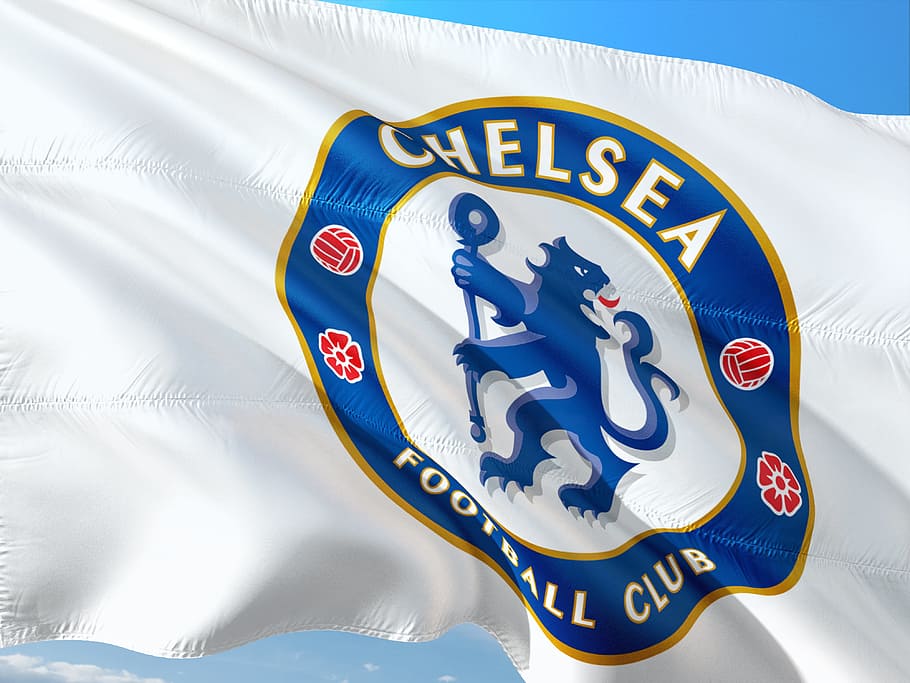
Making your way to the heart of London, you’ll encounter a club steeped in history and tradition – Chelsea F.C., colloquially known as club name ‘The Blues’ or ‘The Pensioners.’ Their vibrant blue jerseys are a beacon of spirit and pride, as iconic as the club’s illustrious history. The nickname ‘The Blues’ comes directly from these jerseys, a simple and effective epithet that resonates with fans worldwide. Chelsea’s alternate nickname, ‘The Pensioners,’ dates back to the club’s inception in 1905. The club was founded in the same year and the team plays many years in Premier league football season.
The term ‘pensioner’ was a reference to the British army’s Royal Hospital Chelsea, where retired ‘pensioner’ soldiers resided. The club’s crest even featured a pensioner from 1905 until 1952, further solidifying this historical connection. As a fan, you might prefer one nickname over the other. ‘The Blues’ evokes a sense of loyalty and unity, while ‘The Pensioners’ speaks to a rich, deep-rooted history. But no matter which nickname you favor, they both embody the essence of Chelsea F.C. – a club that’s become a symbol of resilience and triumph in English football.
Manchester United F.C. (The Red Devils)
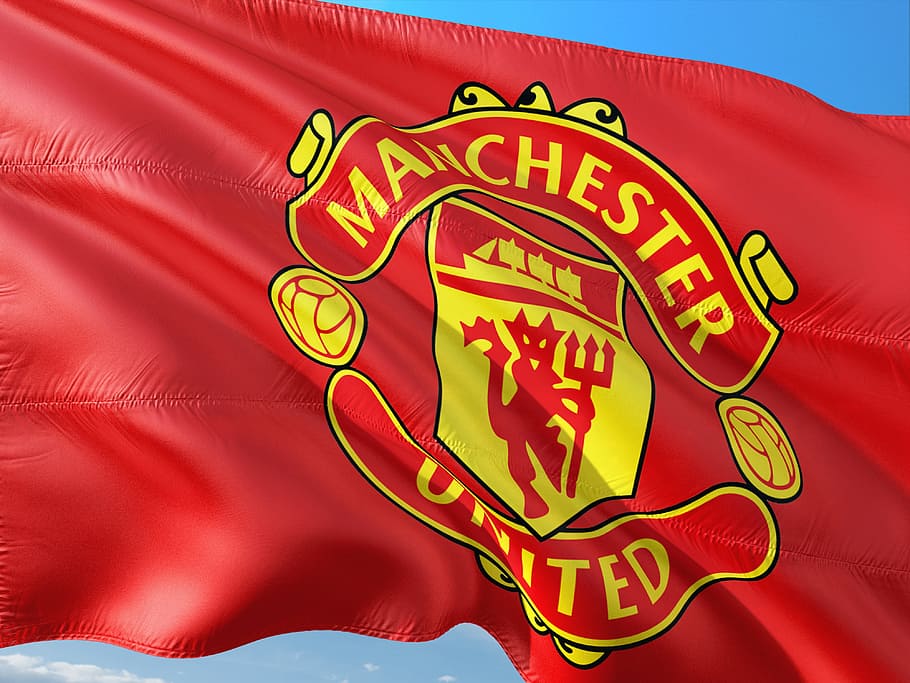
Bursting with passion and pride from the club logo, Manchester United F.C., fondly known as ‘The Red Devils,’ reigns supreme in the heartland of English football. The nickname ‘The Red Devils’ stems from the team’s fiery red kit and their thrilling, devil-may-care style of play that has left countless opponents in their wake. This moniker, adopted in the 1960s, symbolizes the club’s grit, tenacity, and relentless pursuit of victory. The team’s emblem, too, carries a depiction of a devil holding a pitchfork, a stark representation of the club’s nickname. The 19-time English champions have played in every Premier league season and became the most famous club in the world.
The Red Devils have a formidable reputation, earning them respect – and fear – from football clubs worldwide. They’ve won an impressive array of trophies, including numerous Premier League titles, FA Cups, and UEFA Champions League titles. Old Trafford, the club’s iconic home ground, resonates with the roars of their loyal fans, also known as the ‘Red Army’. The spirit of the Red Devils is deeply entrenched in their supporters’ hearts. So when you’re watching a Manchester United game, remember, you’re not just watching a football match; you’re witnessing a display of unwavering determination, embodied by the Red Devils.
Tottenham Hotspur F.C. (Spurs, The Yids)
You’re in for a real treat when you dive into the world of Tottenham Hotspur F.C., affectionately known as ‘Spurs’ or ‘The Yids.’ This iconic football club, hailing from North London, has a rich history that dates back to its establishment in 1882. The club was formed in the same year and has a several nicknames. The nickname “the Spurs” is a shortened form of the club’s name itself, making it easy for fans to chant during matches and create a lively, spirited atmosphere on their club badge. The nickname ‘The Yids’ is also commonly used, although it’s a bit more controversial.
This term originated as a reference to the large Jewish community in the surrounding area of Tottenham. In recent years, there’s been debate over its appropriateness due to its potential to be used derogatorily. Despite this, it remains a part of the club’s identity, often used by fans to express their loyalty and dedication. Tottenham Hotspur F.C., with its endearing nicknames and passionate fan base, offers an unparalleled football experience. Whether you’re a seasoned fan or new to the sport, embracing ‘Spurs’ or ‘The Yids’ will immerse you in a community that lives and breathes football. It’s more than just a game, it’s a way of life.
Conclusion of the Premier league teams nicknames
So, now you know the EPL team nicknames of some of the Premier League’s most famous clubs. Whether it’s the Gunners of Arsenal, the Villans of Aston Villa, or the Red Devils of Manchester United, each name holds a unique story. So, next time you’re watching a match, you’ll have a bit more insider knowledge to impress your mates. Remember, it’s not just a name, it’s a part of the team’s identity.
